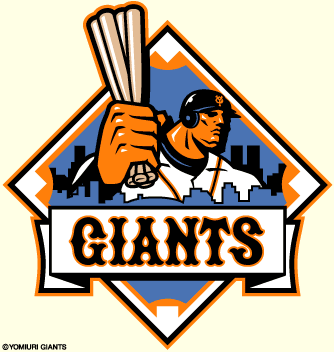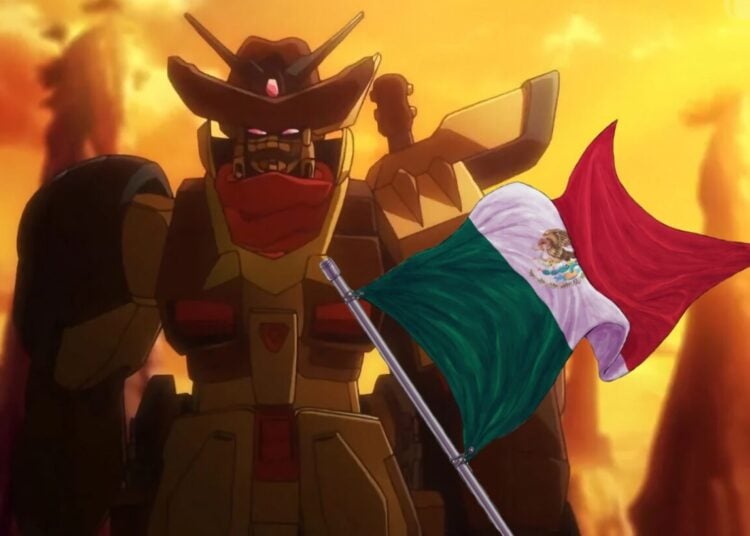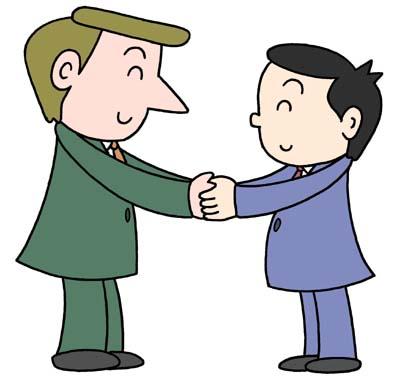Like many other Japanese men, my father-in-law likes baseball. I mean, he really likes Baseball, so much that he’ll watch a game on TV while listening to another one on the radio, with three sports-related newspapers beside him. (Japan has no less than ten national sports-dedicated newspapers published daily, if you can believe that.) One day our cat climbed on top of our TV and, as we all watched in horror, managed to vomit inside the case, causing the circuitry to fry and the picture to go dark. It was an inconvenience, but the timing was actually quite good — like the U.S., Japan is in the middle of phasing out the old analog TV broadcasting system for digital terrestrial, and by 2009 everyone will have had to make the switch one way or another, so we couldn’t get too mad at our cat. On the way to the denkiya (home electronics store) to shop for a new television, my father-in-law asked me to make sure we picked out an “HD” model, but the way he pronounced these letters — ecchi deh — was very amusing to me. Due to a quirk of Japanese phonology, the sounds ti and di could not be written in the katakana writing system until a few decades ago, so teh and deh were substituted instead. (Basically, they hadn’t officially started using ティ and ディ as sounds in katakaka yet.) The result of this is that everyone above the age of 50 or so has memorized English words like party, DVD or Disneyland as par-teh, deh-vee-deh, and Dehs-neyland, and the mere act of using these older pronunciations marks you as an old fogie. To hear a super high tech word like “HD” pronounced using this outdated pronunciation system was quite unexpected, and I had to laugh.
















